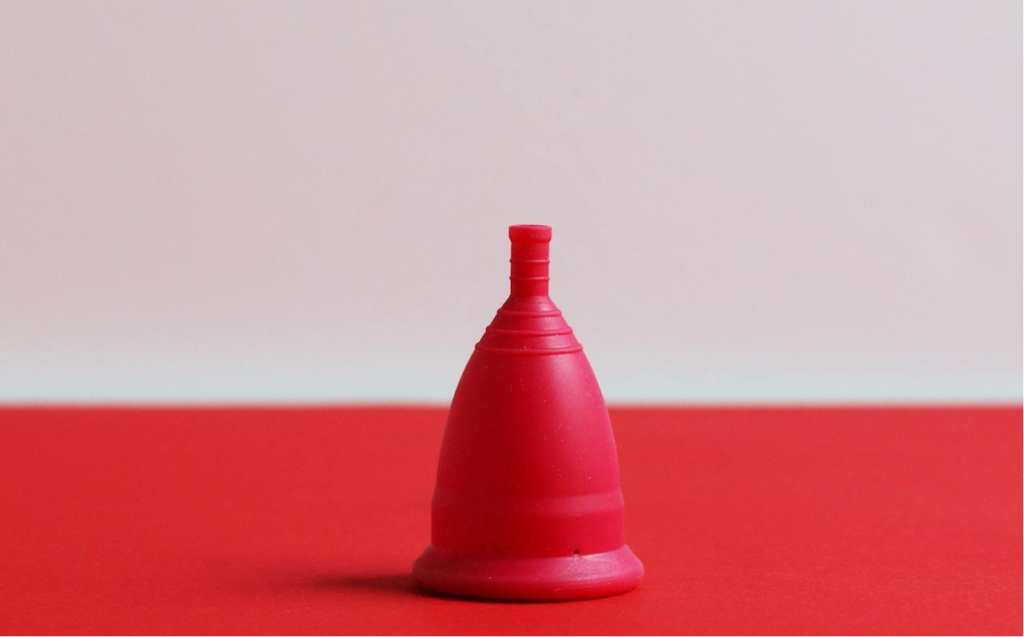We can confidently state that, given the large number of women in the world, about half of all people either currently experience or have experienced menstruation at some point in their lives. However, despite the fact that womanhood is a natural path, there are still a lot of widely held misconceptions, taboos, and stigmas around it in the twenty-first century.
The taboos and stigmas stem from conservative cultures and societies, as well as ignorance and lack of sanitary napkin awareness.
Let’s take a look at the five common myths and dispel them with factual information:
Myth #1: Mensuration Pads Can Cause Toxic Shock Syndrome (TSS)
TSS is a rare and serious condition. Though sanitary products can cause TSS, these include only tampons. The risk of developing it from pads is quite low.
TSS is a result of toxins that are produced by specific bacteria strains, most commonly Streptococcus pyogenes (strep) or Staphylococcus aureus (staph). The bacteria multiplies rapidly when an object is left inside the vagina for a long time, such as a tampon. Since pads are worn externally, they don’t introduce any toxins into the vagina.
Myth #2: All Sanitary Pads Are the Same
A prevalent myth that suggests all sanitary pads are the same can lead to improper menstrual care and discomfort. We are not talking about daytime or nighttime pads but the material these are made of.
Cotton pads are 100% cotton and hypoallergenic. They are gentle on the skin and suitable for individuals with sensitive skin. They are also breathable and help reduce the risk of rashes and irritation
Many disposable pads use synthetic materials for the top layer and absorbent core. These materials are highly absorbent and can handle heavier flows, but they may cause discomfort or allergic reactions in some users.
Biodegradable pads are made from plant-based materials and designed to decompose more quickly than traditional pads, reducing environmental impact. They are a good option for eco-conscious users.
Myth #3: Sanitary Napkins Cause Rashes and Infections
While some women may experience rashes or irritation, this is often due to sensitivity to the materials used or improper use. Some women may have sensitive skin that reacts to the synthetic materials or fragrances used in some pads. Switching to hypoallergenic or organic cotton pads can mitigate this issue. Additionally, rashes and infections can result from infrequent pad changing. Ensuring regular changes and proper personal hygiene can prevent such problems.
Myth #4: Sanitary Napkins are Bad for the Environment
Although sanitary napkins have an adverse effect on the environment, there are environmentally friendly options. Since traditional disposable sanitary napkins are not biodegradable, they do add to waste. However, the market for menstrual hygiene products is changing. A lot of companies are now selling reusable and biodegradable products. Menstrual cups, reusable cloth pads, and organic cotton pads are a few environmentally beneficial substitutes. Reducing the environmental footprint requires accessibility to these products and raising consumer awareness of sanitary napkins.
Myth #5: Sanitary Napkins Can Lead to Infertility
Misinformation about reproductive health, lack of menstrual health awareness, and general anxieties about chemical exposure are probably the root causes of the idea that sanitary pads can cause infertility.
Dioxins are a class of chemically related substances that are persistent environmental hazards. Certain pads contain fragrances, dyes, and bleaching agents based on chlorine. Sanitary pads, on the other hand, have very low dioxin levels that are controlled by health officials to ensure they stay within safe bounds.
It is abundantly clear that myths and misconceptions have long clouded our understanding and acceptance of menstrual products. The persistence of myths can lead to unnecessary fear, shame, and even health risks. By addressing and debunking these myths, we empower women to make informed choices about their menstrual health.
Your contribution can make a tangible difference. By supporting the Utpat Foundation, you help provide menstrual products to women and girls in need. More importantly, you help break the silence around menstruation, raise sanitary napkin awareness, and foster a culture of understanding and support.

